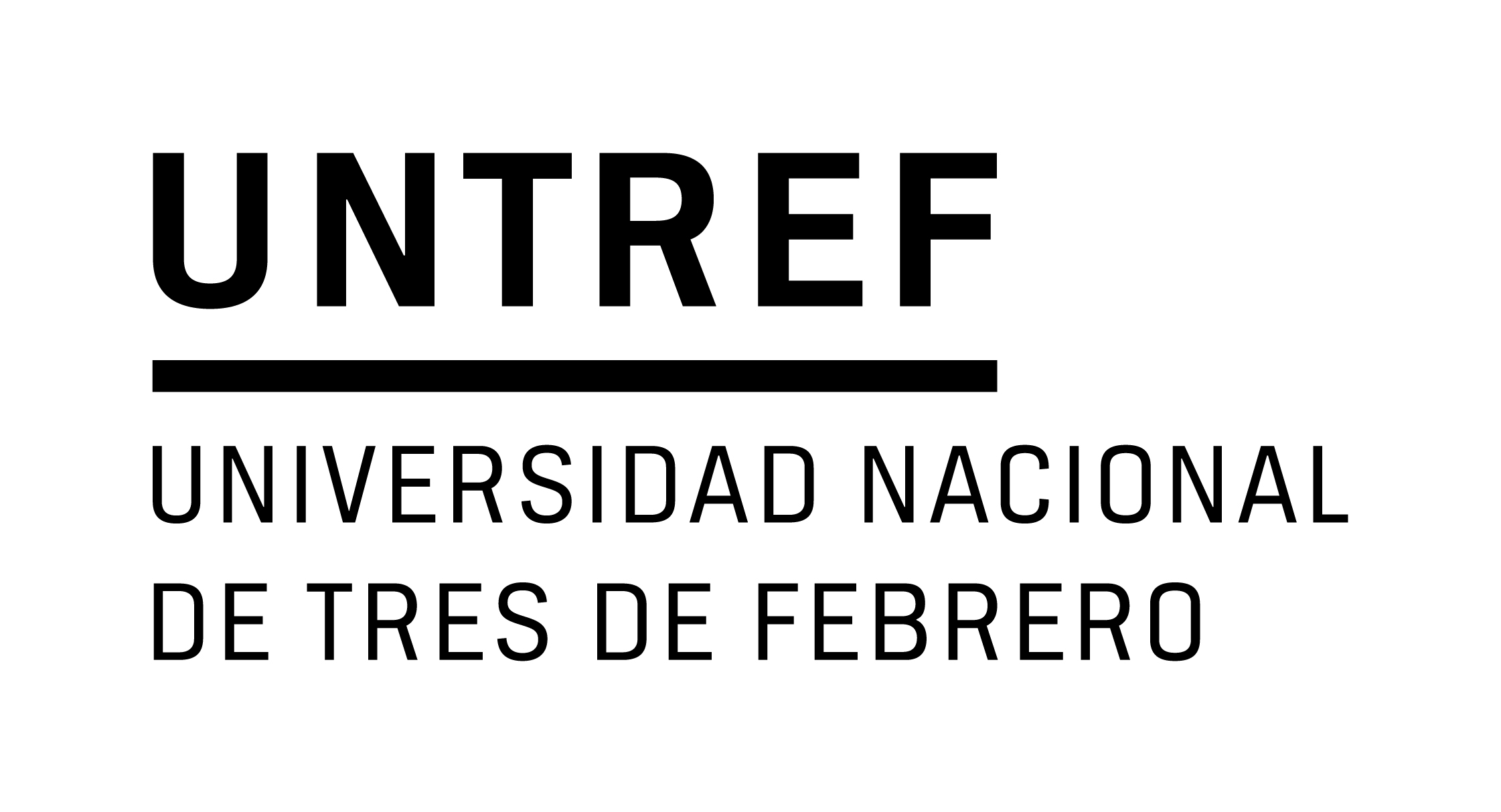Desertion and collective action in civil wars (Registro nro. 18415)
[ vista simple ]
| 000 -CABECERA | |
|---|---|
| Cabecera | 02148nab a2200265uu 4500 |
| 003 - IDENTIFICADOR DEL NÚMERO DE CONTROL | |
| Identificador del número de control | AR-BaUNTP |
| 005 - FECHA Y HORA DE LA ÚLTIMA TRANSACCIÓN | |
| Fecha y hora de la última transacción | 20211129150000.0 |
| 008 - CÓDIGOS DE INFORMACIÓN DE LONGITUD FIJA - INFORMACIÓN GENERAL | |
| Códigos de información de longitud fija - Información general | 160921 eng |
| 041 1# - IDIOMA | |
| Idioma | inglés |
| Idioma original | inglés |
| 245 10 - MENCIÓN DE TÍTULO | |
| Título | Desertion and collective action in civil wars |
| 338 ## - TIPO DE SOPORTE | |
| Nombre del tipo de soporte | Impreso |
| 942 ## - DESC. DE MATERIAL | |
| Tipo de material KOHA | Artículo |
| 100 1# - PUNTO DE ACCESO PRINCIPAL - NOMBRE DE PERSONA | |
| Nombre de persona | McLauchlin, Theodore |
| 9 (RLIN) | 54384 |
| 773 0# - EN: | |
| Asiento principal | Thompson, William R., editor/a |
| Lugar, editorial y fecha de publicación | Nueva Jersey : Wiley Blacwell, [s.f.]. |
| Información sobre la relación | Vol. 59, no. 4 (dic. 2015), p. 669-679 |
| Título | International studies quarterly |
| ISSN | 0020-8833 |
| Itemnumber Fascículo | 17254 |
| Biblionumber Seriada | 15948 |
| 520 ## - NOTA DE RESUMEN | |
| Resumen | This article examines the impact of military unit composition on desertion in civil wars. I argue that military units face an increased risk of desertion if they cannot develop norms of cooperation. This is a challenging task in the context of divided and ambiguous individual loyalties found in civil wars. Norms of cooperation emerge, above all, from soldiers sending each other costly signals of their commitment. Social and factional ties also shape these norms, albeit in a more limited fashion. Hence, unit composition can serve as an intervening variable explaining how collective aims can sometimes induce individual soldiers to keep fighting. Analyzing original data from the Spanish Civil War (1936 - 1939), I demonstrate that three characteristics of a military unit's composition - the presence of conscripts rather than volunteers, social heterogeneity (whose effect is found to be limited to volunteer units), and polarization among factions - increase the individual soldier's propensity to desert. Unit composition proves at least as important as individual characteristics when explaining desertion. This analysis indicates the usefulness of moving beyond commonly used atomistic understandings of combatant behavior. Instead, it suggests the importance of theoretical microfoundations that emphasize norms of cooperation among groups of combatants. |
| 650 #4 - MATERIA | |
| Término de materia o nombre geográfico como elemento inicial | COOPERACION |
| 9 (RLIN) | 13601 |
| 650 #4 - MATERIA | |
| Término de materia o nombre geográfico como elemento inicial | DESERCION |
| 9 (RLIN) | 13412 |
| 650 #4 - MATERIA | |
| Término de materia o nombre geográfico como elemento inicial | GUERRA CIVIL |
| 9 (RLIN) | 8834 |
| 650 #4 - MATERIA | |
| Término de materia o nombre geográfico como elemento inicial | SOLDADOS |
| 9 (RLIN) | 10224 |
| 850 ## - UNIDAD DE INFORMACIÓN | |
| Sede | Posgrados |
| 936 ## - OCLC/CONSER MISCELLANEOUS DATA (OCLC); PIECE USED FOR CATALOGING (pre-AACR2) (RLIN) | |
| OCLC control number(s) of parallel record(s) (OCLC); Piece used for cataloging, PUC (RLIN) | 18415 |
| -- | 18415 |
No hay ítems disponibles.
